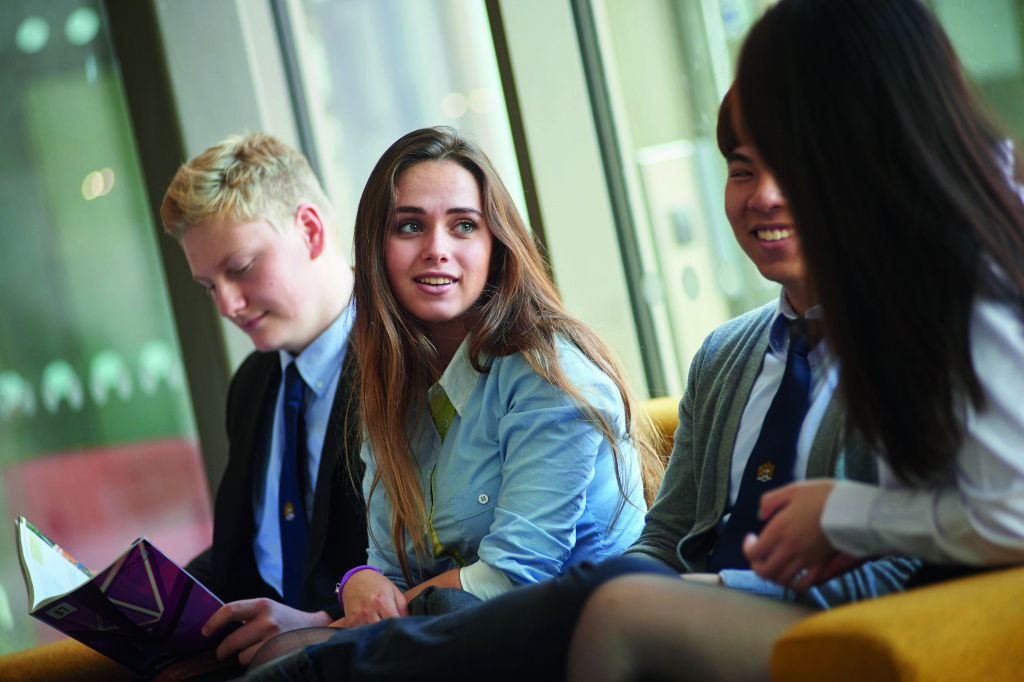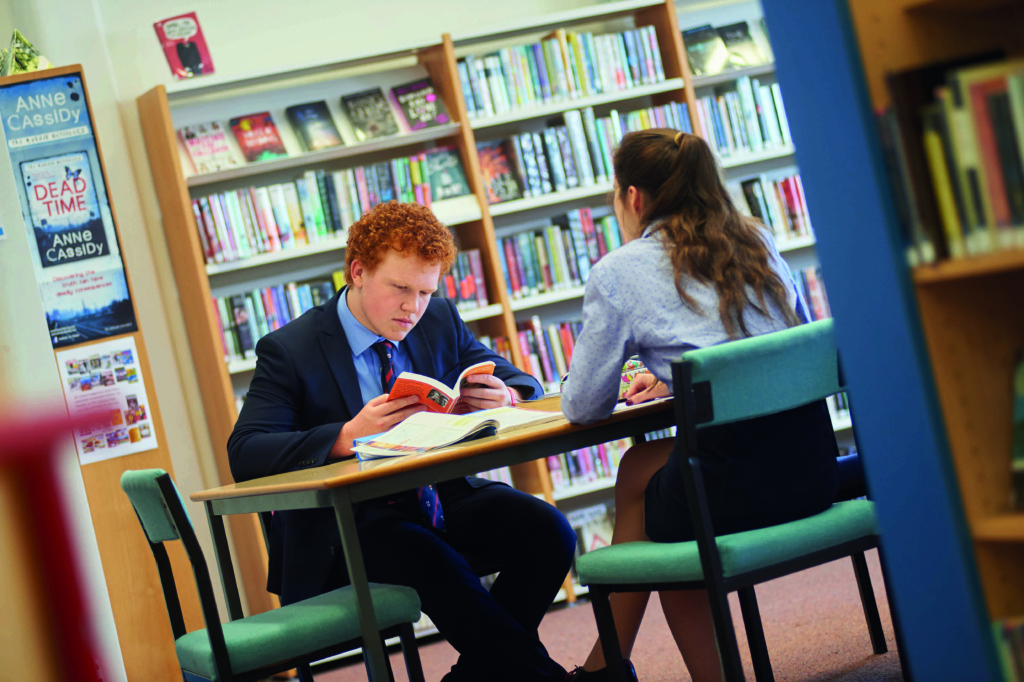
Free Minds is a programme set up at City of London Freemen’s School that aims to bring a broad, liberal arts-based style of learning to students and encourage independent thinking.
Freemen’s is a traditional school (mid-19th Century charitable foundation that started out to provide orphans with “a religious and virtuous education”) with a contemporary and forward-looking approach, something that reflects the personalities of previous and current school leaders at the school. Our motto is “to lead, learn and make a difference” and we were recently appraised by the inspectorate with this objective in mind. Nowhere is this more important than in the Sixth Form. We want our Sixth Formers to be articulate, knowledgeable, rational and – perhaps most important in today’s society – tolerant of others’ viewpoints. We want them to be imaginative and not narrowly focused in their learning.
Not so long ago, a colleague was asked in a revision class by a student, “What should my personal opinion be?” I expect comments like these are common-place, particularly (sadly) in independent schools. It is interesting to see our students when they are partnered with peers from our partner academies. It is clear that the students who are most likely to take risks in what they say in a learning context are from the state sector and my students certainly need to learn why it is sometimes important to challenge practices or beliefs. It is the over-reliance on an ex-cathedra schoolmistress or master that we want to discourage.

With the move away from the AS qualification and a return to linear A Levels, my Leadership Team and I wanted to come up with a programme of study that would not only inspire our students to learn for the sake of learning, by engaging the whole of their minds in a wide range of subjects, but also to make them more interesting company, not least in future social and business situations. Potentially, this was where the “leading” could come in to play. In addition, we wanted to take advantage of the hitherto untapped academic strengths of our teaching staff, who, between them, hold over 100 different degrees in a wide range of disciplines. In short, I wanted them to be able to teach some of their “hobby horses” – perhaps better expressed as passions, but I’m too big a fan of Tristram Shandy not to reference it – that have not been appearing on recent examination syllabi.
Having been Head of General Studies in my first teaching post at Newcastle-under-Lyme School – to my mind a much-maligned A Level – I had some idea of what I thought would work well and what was essentially missing from the well–rounded education we hoped to offer for all here. And so, the seed was planted. I was fortunate to have in my employ at Freemen’s a Head of Religion, Philosophy and Ethics who was not only capable of setting up the delivery of the programme, but who I could see was also passionate about the kind of liberal arts/holistic education that such a course would offer. Together with members of the Senior Leadership Team, we forged on and were able to implement our first Free Minds course in September 2016.
The practicality of introducing Free Minds, to sit alongside A Levels and marry with the already existing EPQ course at Freemen’s, was made viable by placing high value on its teaching. I told Heads of Department that we would be staffing Free Minds before we looked at staffing A Level teaching, which put down a marker. Teachers were asked to submit plans if they wished to teach a unit to students. There were two caveats: they had to be passionate about their offering and the unit had to fit into one of the faculty/study headings we’d devised (it’s a bit like Trivial Pursuit in terms of collecting “cheeses”!). The next step was for our time–tablers to meet the challenge of timetabling Free Minds first, not as an afterthought, but as a crucial element of the Sixth Form programme. Not everyone came forward, of course, but there have been some lovely surprises. Students who were not studying four A Level subjects (we have healthy numbers of double mathematicians) were engaged with compulsory EPQ and Free Minds to supplement their three A Level subjects – a good balance.
